For most drivers, there is no need to charge their electric vehicles (EVs) every night. While charging every night may seem like a convenient way to make sure your EV is ready to hit the road, it can lead to unnecessary energy consumption, higher electric bills, and perhaps even shortening the life of the battery.
In this article, we'll look at why charging your electric car every night is bad, as well as effective alternatives to daily charging. By the end of the discussion, you should have a clear understanding of how to meet your EV charging needs.
Is Charging My Electric Car Every Night Safe?
Charging your EV every night is generally safe thanks to advanced technology and battery management systems in modern electric vehicles. These systems are designed to prevent overcharging by automatically stopping the charge once the battery reaches full capacity. However, the real concern isn’t so much about safety; it’s more about whether nightly charging is necessary and how it affects the longevity and efficiency of your battery.
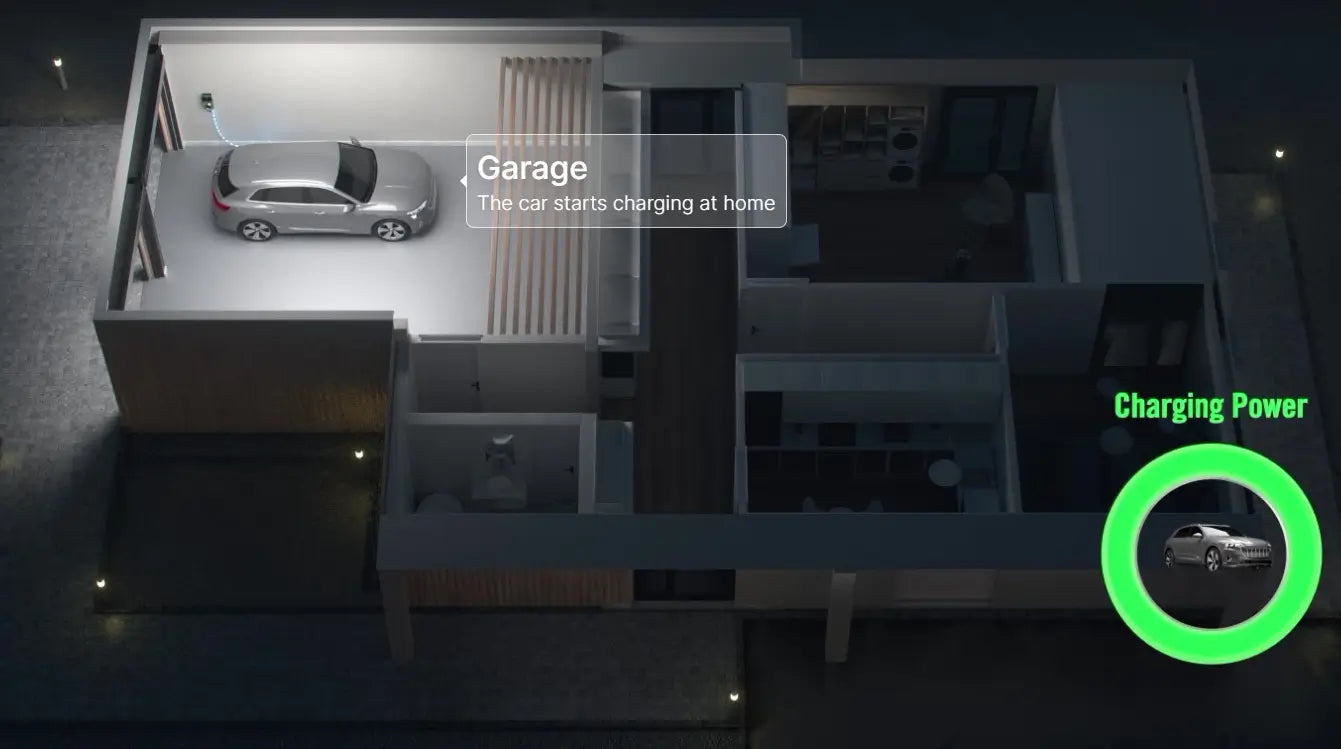
The Downside of Charging Your Electric Car Every Night
Charging your electric vehicle (EV) every night, while convenient, might not be the most beneficial practice for the long-term health of your vehicle or your wallet. Here are some of the downsides to consider:
-
Battery Degradation
While modern EVs are designed to handle frequent charging, constantly maintaining a battery at 100% can stress the battery over time. Lithium-ion batteries, which power most EVs, have a finite number of charging cycles and tend to degrade faster when frequently charged to full capacity. Keeping the charge between 20% and 80% is often recommended to extend battery life.
-
Increased Electricity Costs
Charging your EV every night regardless of the battery’s remaining charge means more frequent use of electricity. This could lead to higher utility bills, especially if you are charging during peak hours when electricity rates are higher. Although many areas offer lower rates during off-peak hours, the cost still adds up if charging is done unnecessarily. Maybe you're wondering how much it costs to charge your electric car at home?
-
Reduced Efficiency
Batteries charge more efficiently when they are not near full capacity. The closer a battery gets to 100%, the slower it must charge. This final top-off requires more time and energy, making it less efficient than charging a battery that is more depleted.
-
Overreliance on Home Charging
Nightly home charging might discourage the use of public or workplace charging facilities, which can offer faster charging options. Relying solely on home charging could limit your flexibility and familiarity with using public charging infrastructure, which is especially useful during long trips.
-
Environmental Impact
If you are charging every night, you’re increasing your electricity demand, which may contribute to higher emissions depending on your region's energy source. Additionally, if many people adopt this habit, it could lead to increased peak demand, potentially necessitating the use of more polluting, peaker power plants.
-
Opportunity Cost
By charging only at home and overnight, you might miss opportunities for using renewable energy charging options available during the day or other strategic charging times that could optimize cost and efficiency. For example, some public charging stations are integrated with solar power or offer special incentives for daytime charging.
-
Unnecessary Wear on Charging Equipment
Constant use of your home charging station every night could lead to quicker wear and tear on the equipment. While home chargers are built to last, the less they are used within their operational limits, the longer they will likely perform at their best.
Given these points, it's worthwhile to consider a more strategic approach to charging your EV, one that balances battery health, cost, convenience, and environmental impact.
How Often Should You Charge Your Electric Vehicle?
The ideal charging frequency really depends on your personal driving habits and the specific range of capabilities of your EV. A practical approach is to monitor your vehicle’s battery level and only recharge when it dips below a certain percentage, such as 30% or 40%. This strategy helps maintain the battery’s health over time and avoids the inefficiencies of topping off the battery unnecessarily. If you have a commute that uses only 20% of your battery each day, charging every two or three days might be sufficient instead of plugging in nightly.
Alternatives to Nightly Charging
While nightly charging is a straightforward approach for many electric vehicle (EV) owners, it’s not always the most efficient or necessary method. Considering alternatives can help balance battery health, convenience, and energy costs. Here are some viable alternatives to nightly charging:
-
Scheduled Charging
Most modern EVs offer the ability to program charging times. You can schedule your EV to charge during off-peak electricity hours to benefit from lower rates, or you can set it to start charging at a specific time that ensures it’s ready when you need it, without staying connected to the charger all night. Additionally, some smart EV Chargers have smart features that support scheduled charging, providing additional convenience and efficiency.
-
Use of Public and Workplace Charging Stations
Incorporate charging at public or workplace stations into your routine. This can be especially convenient if these locations offer faster-charging capabilities or if they provide charging as a free service. Public charging can also come in handy during long trips or when your daily routine varies.
-
Battery Swapping (Where Available)
In some countries and for certain vehicle models, battery swapping stations allow drivers to exchange a depleted battery for a fully charged one in just a few minutes. This can be a practical alternative for those needing a quick charge without the wait, though it is less common.
-
Smart Charging Applications
Leverage smart charging apps that analyze your driving habits, local electricity rates, and battery health to recommend the most efficient charging schedule. These apps can adjust your charging plan automatically, optimizing for cost savings and battery longevity.
-
Solar Charging
If you have access to a solar energy system, you can charge your EV during the day using renewable energy generated by your solar panels. This not only reduces the cost of charging but also increases the environmental benefits of driving an EV.
-
Bi-directional Charging
For vehicles equipped with bi-directional charging capabilities, you can use your car’s battery to power your home during peak energy periods and then recharge it during off-peak times. This not only optimizes energy use but also helps balance the electric grid.
By exploring these alternatives, you can find a charging strategy that works best for your lifestyle, reduces wear on your vehicle's battery, and possibly lowers your energy costs.
Conclusion
In conclusion, while charging your EV every night is safe and can be convenient, it is not always necessary or advisable. By understanding your vehicle’s needs and how it is used daily, you can optimize battery performance and lifespan while saving on energy costs. Alternatives like scheduled and conditional charging can provide flexibility and maintain the efficiency of your EV without the nightly charge. Tailoring your charging habits to your actual usage not only makes practical sense but also supports the longevity and health of your vehicle's battery.
Optimize Your EV Charging with Autel
Are you looking for an efficient way to charge your electric vehicle at home or on the go? Autel provides top-tier EV home chargers and AC car chargers designed to extend the life of your EV's battery and optimize your energy expenditures. Visit Autel's website to explore our range of products that make charging convenient and cost-effective.
Choose Autel – Charge Smarter, Drive Further.

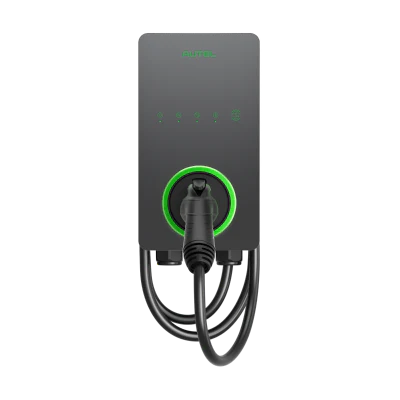
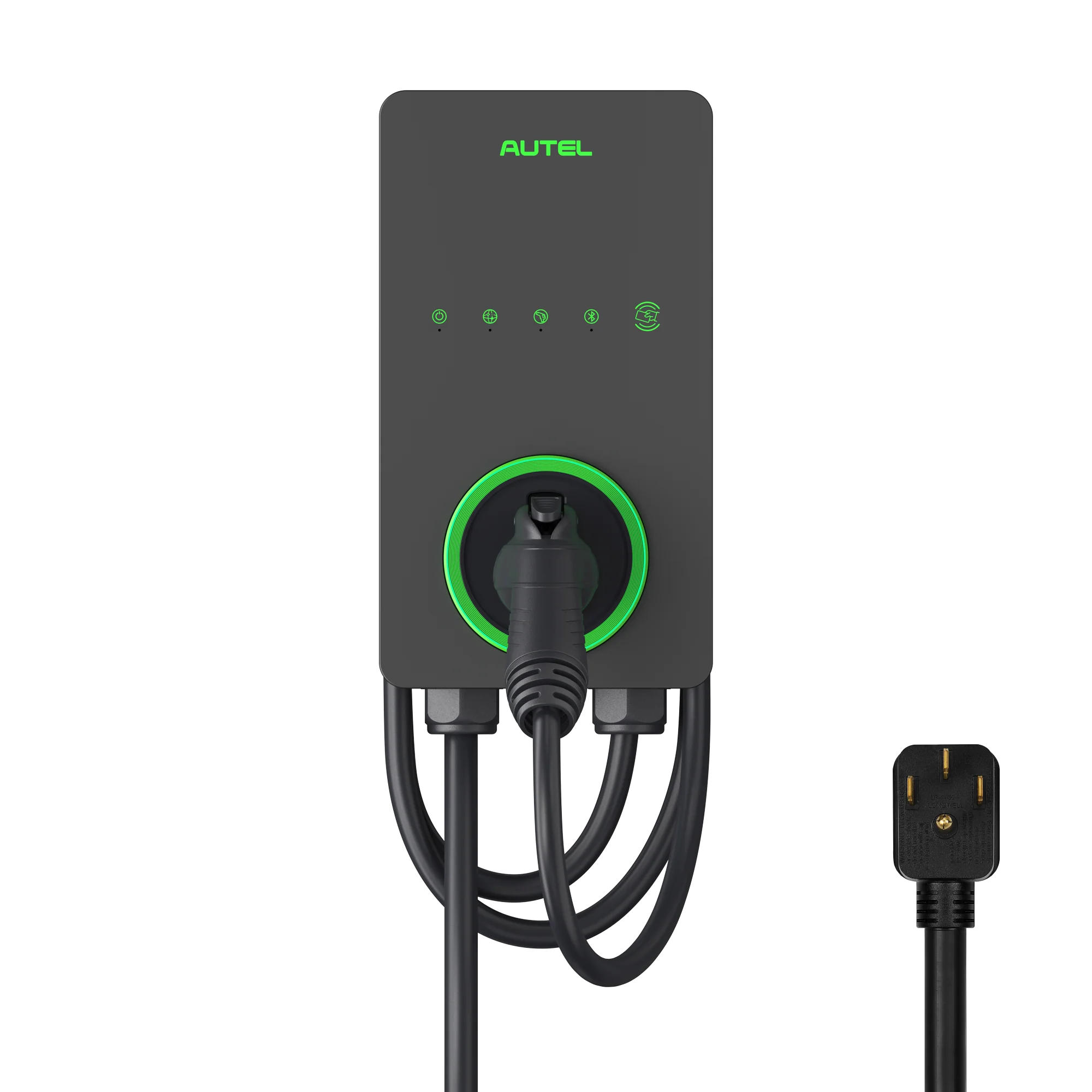
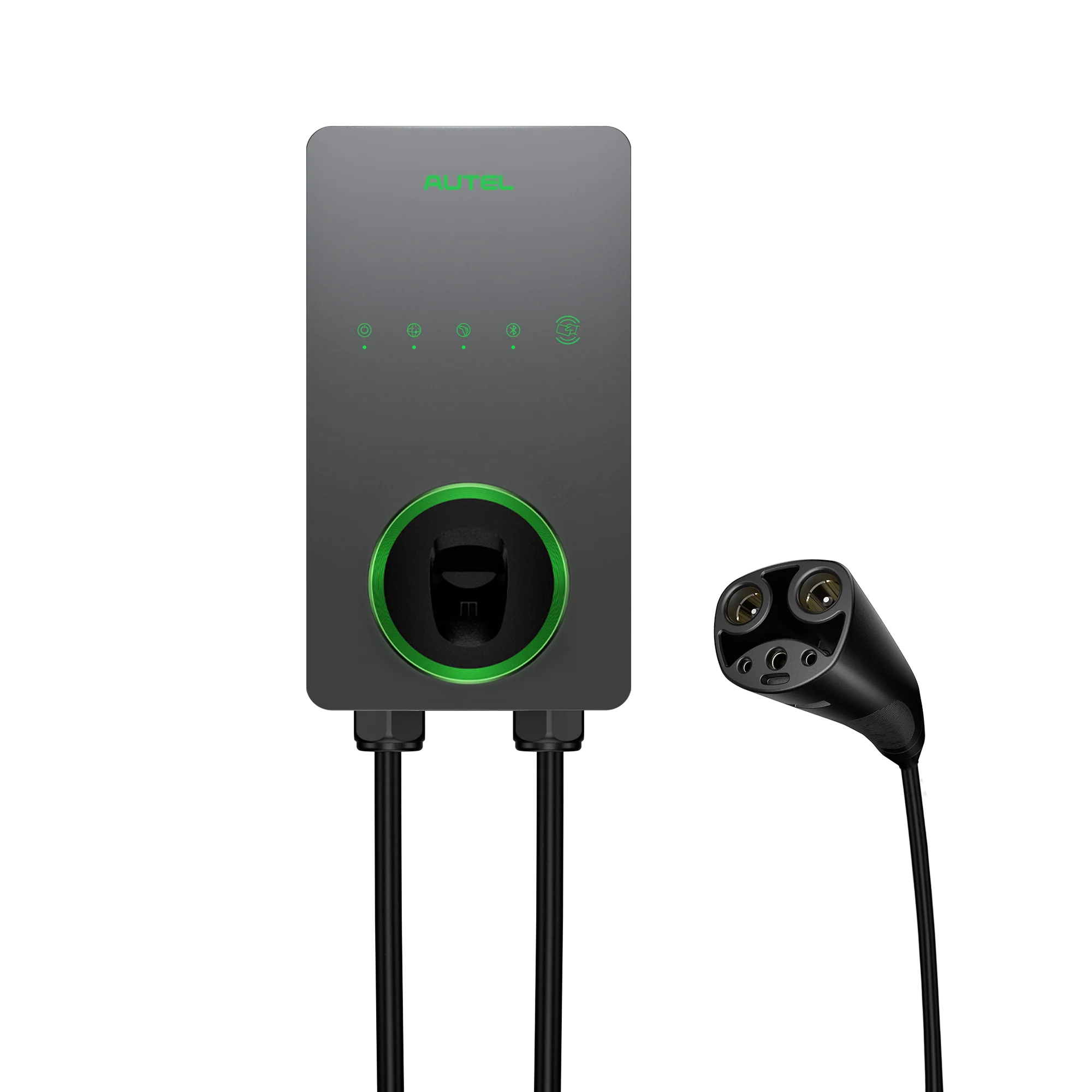
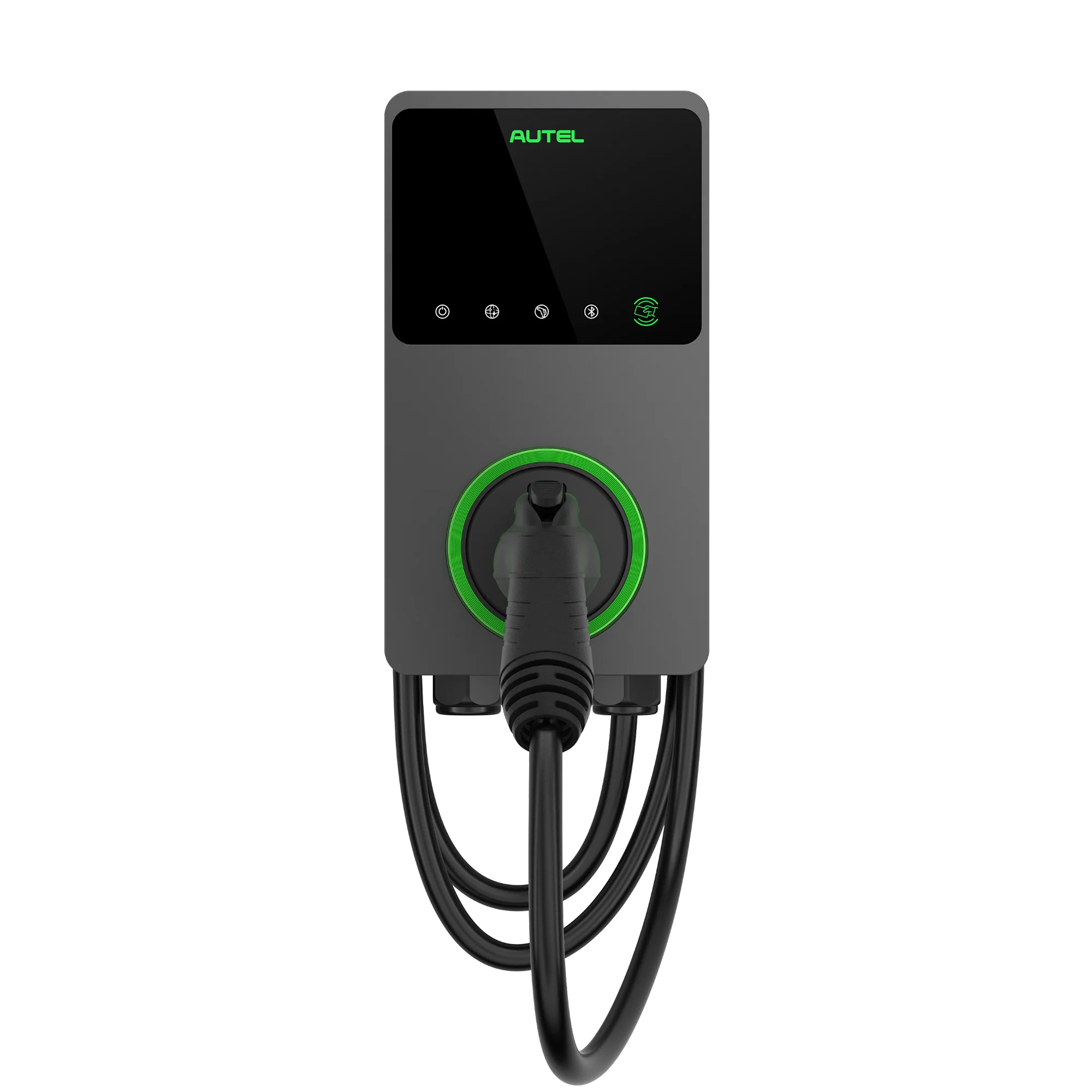
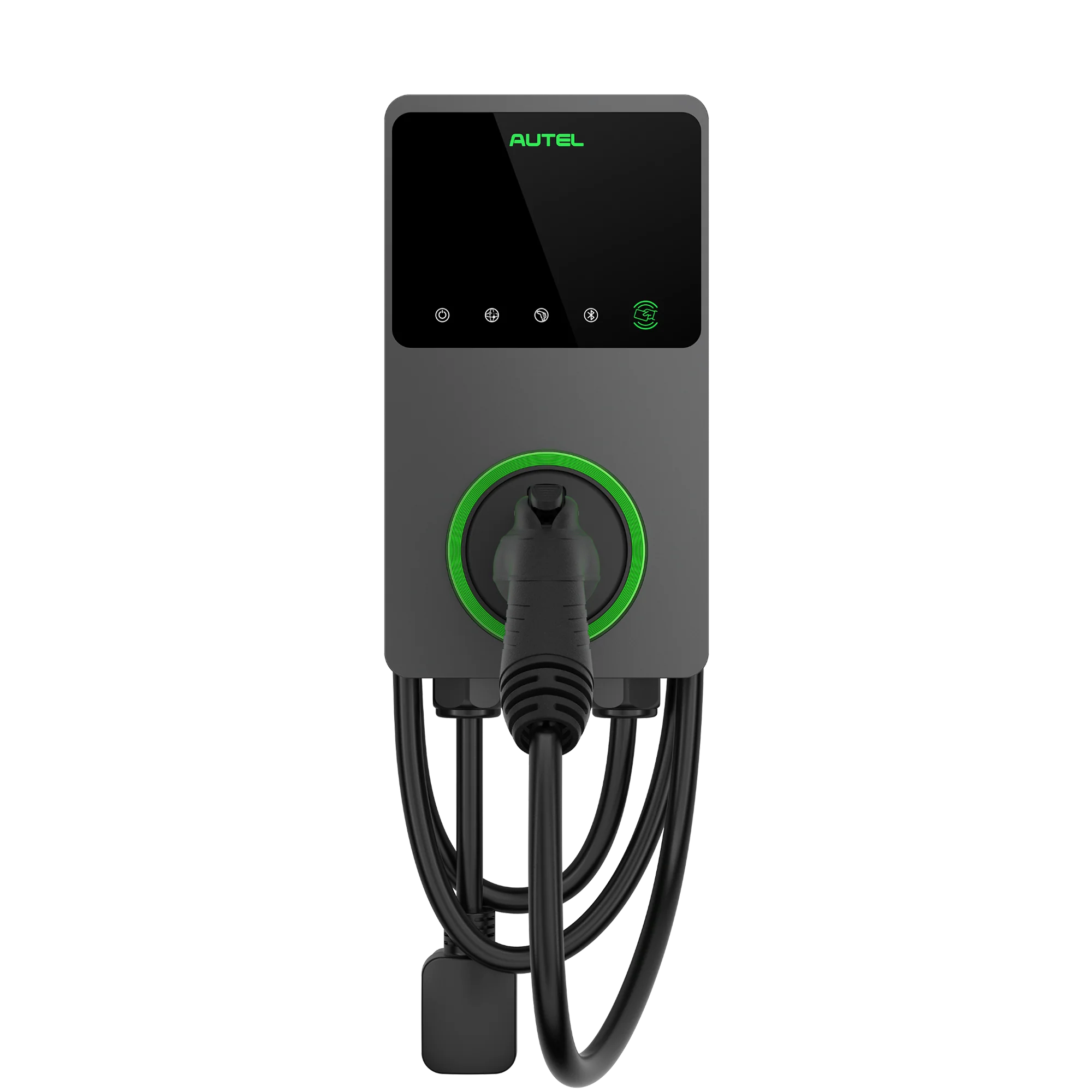
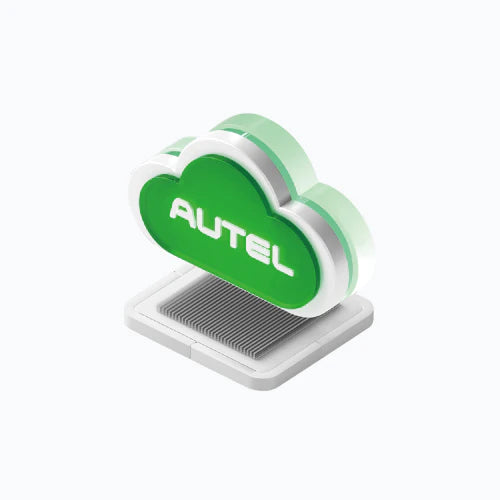
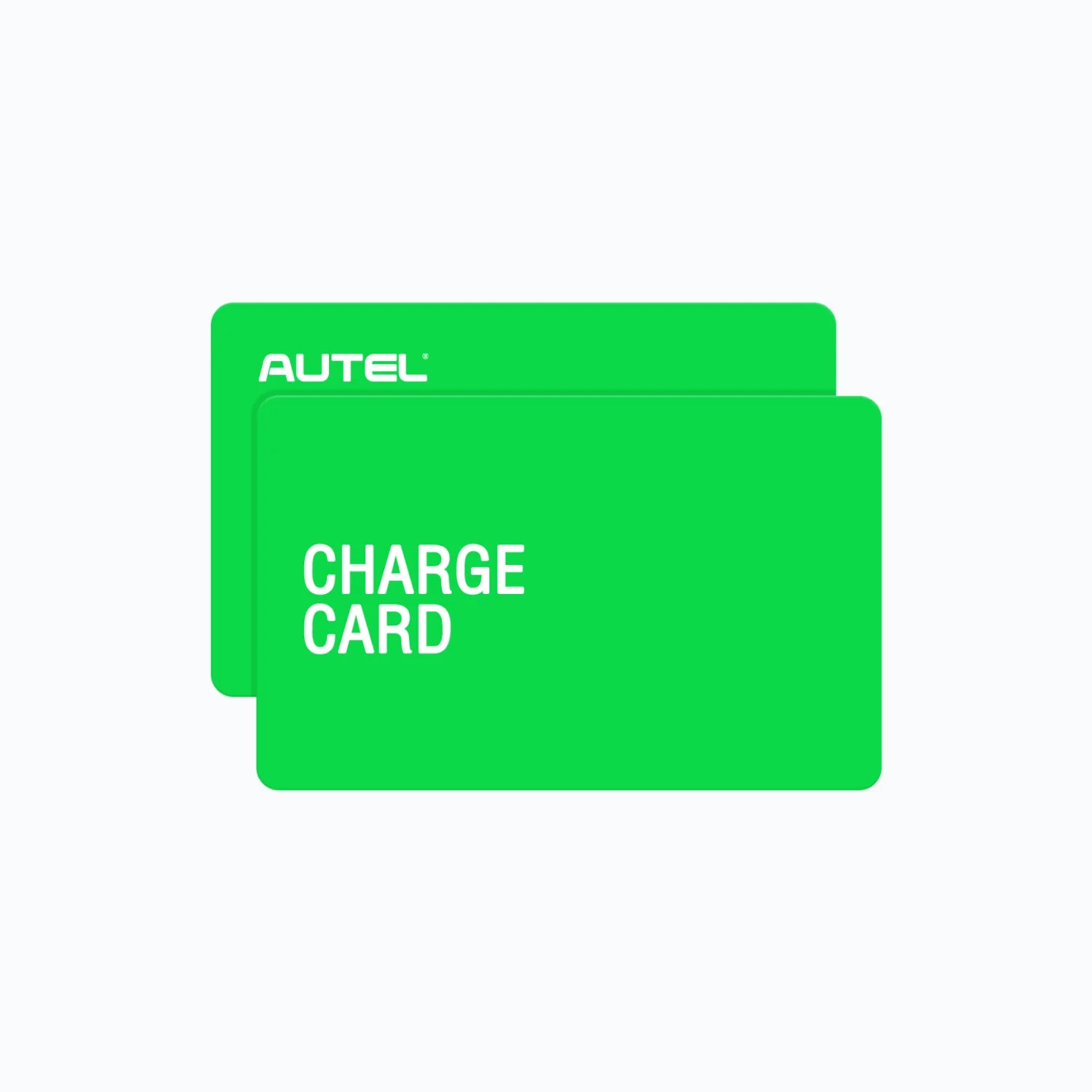
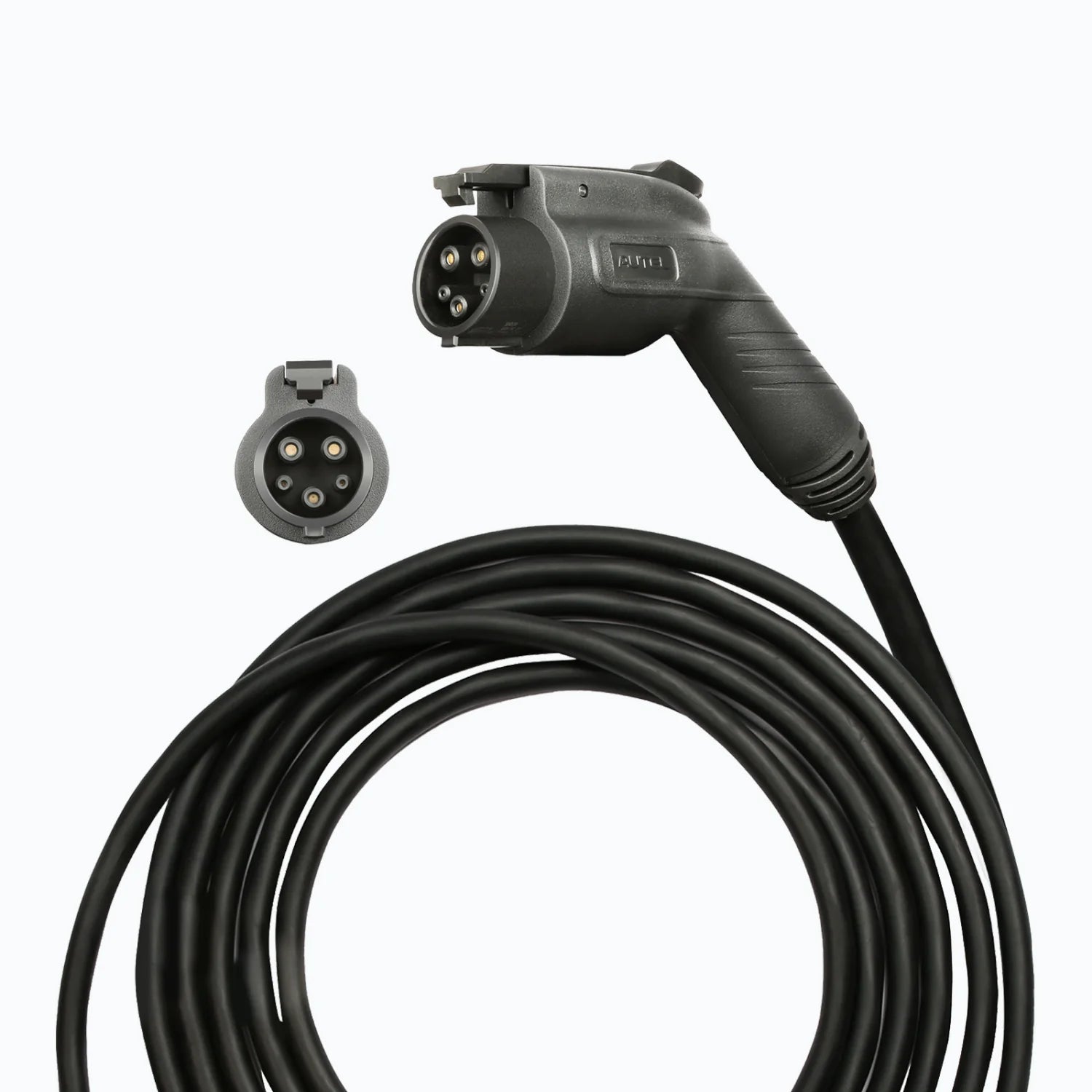



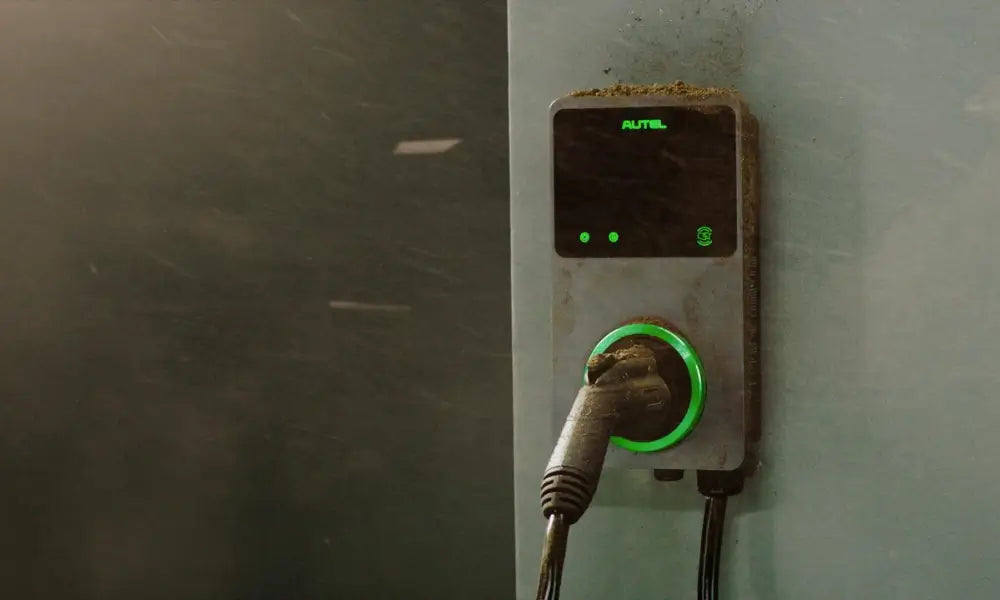
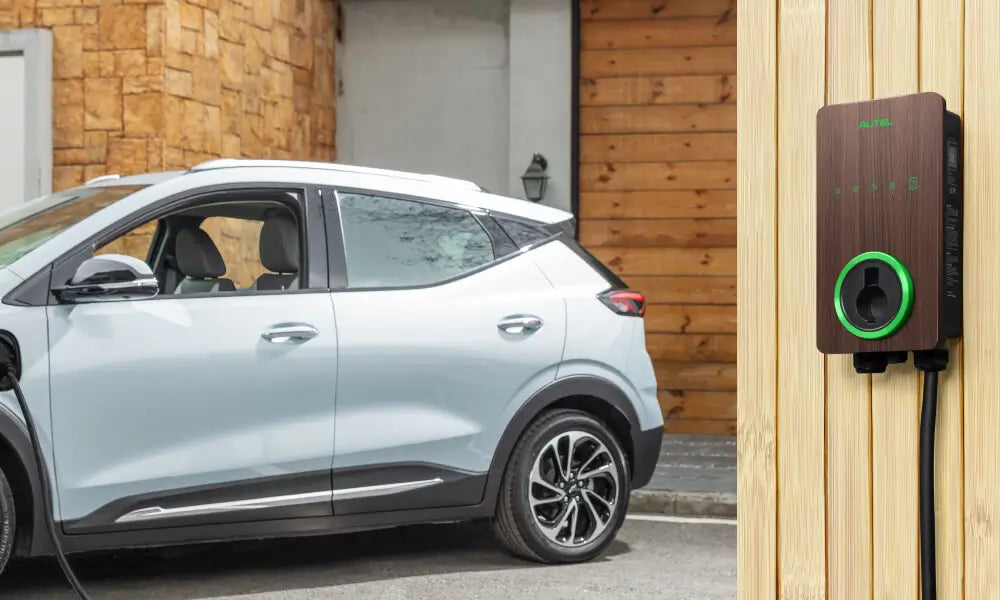
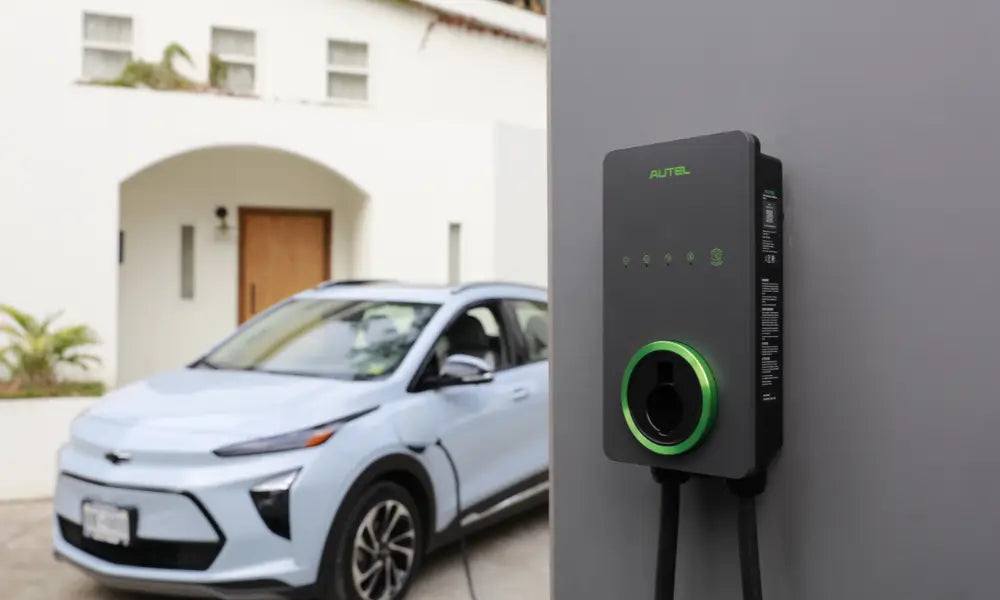
Leave a comment
All comments are moderated before being published.
This site is protected by hCaptcha and the hCaptcha Privacy Policy and Terms of Service apply.